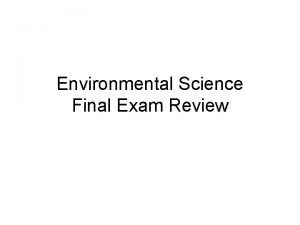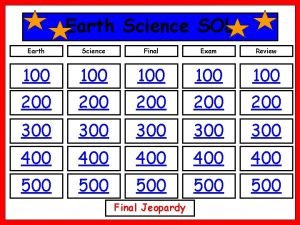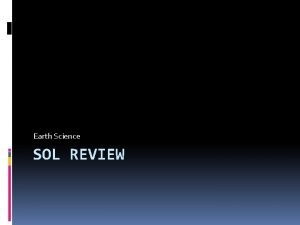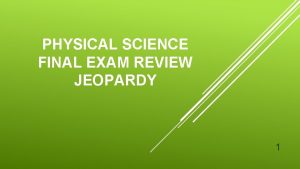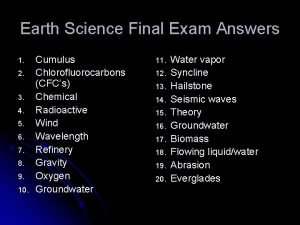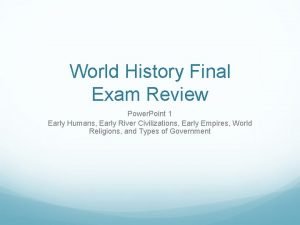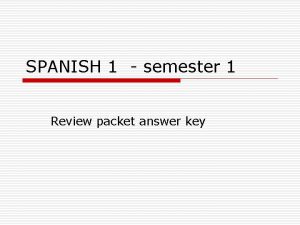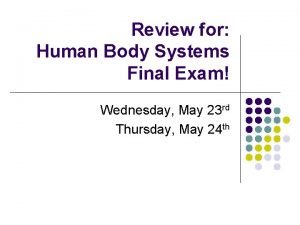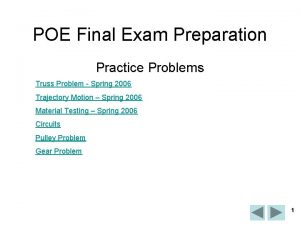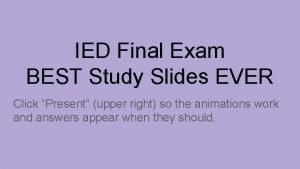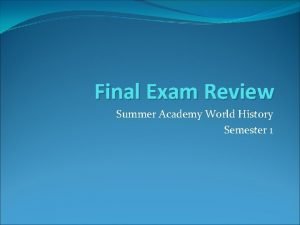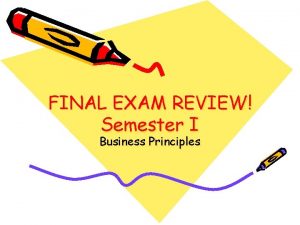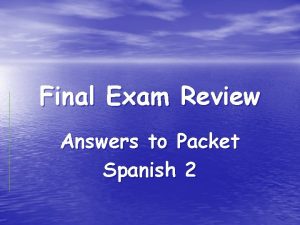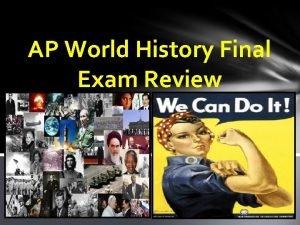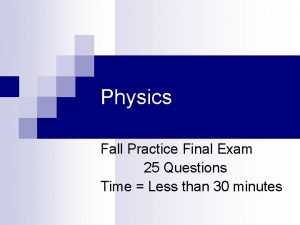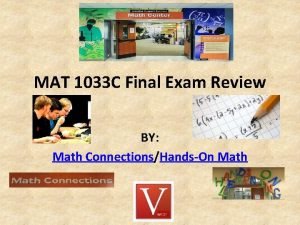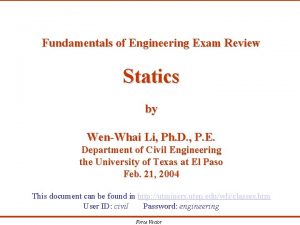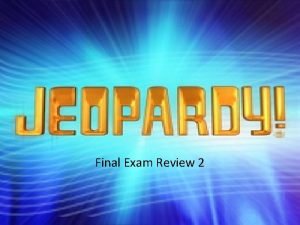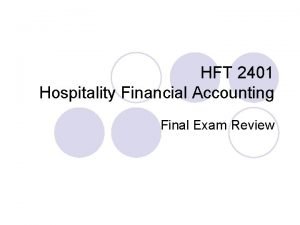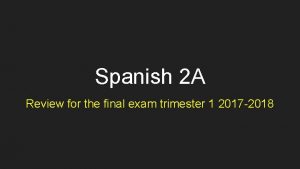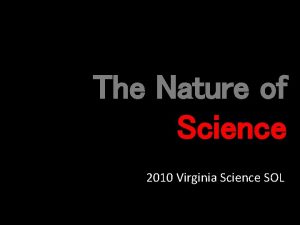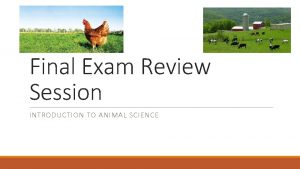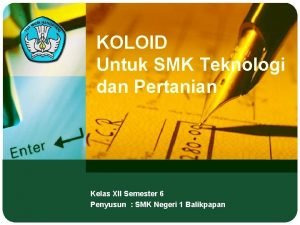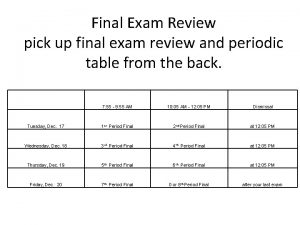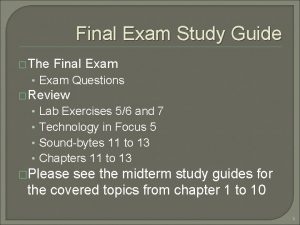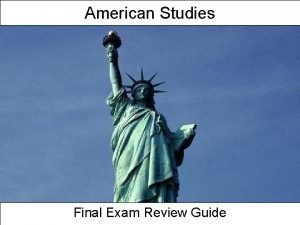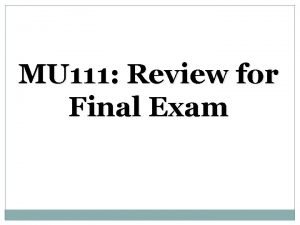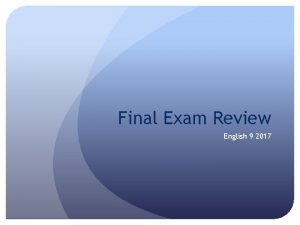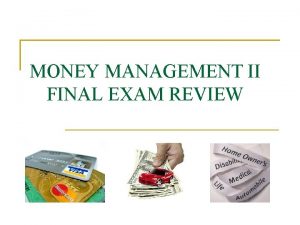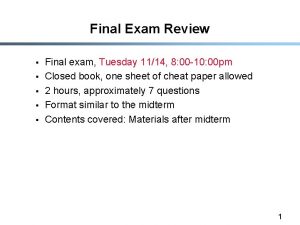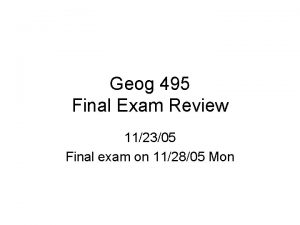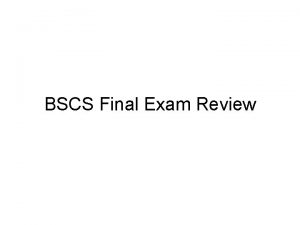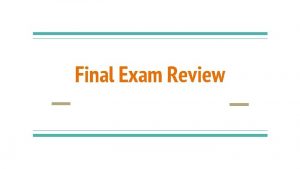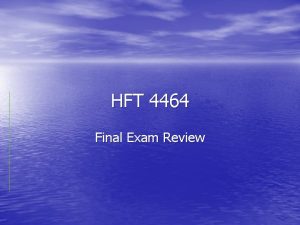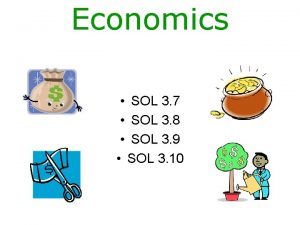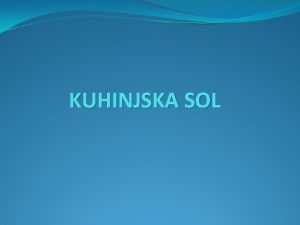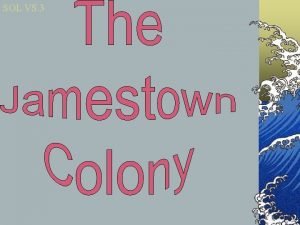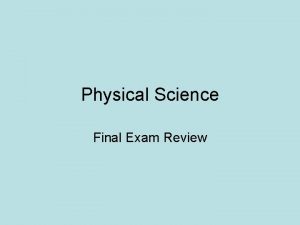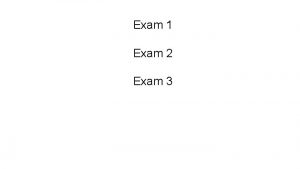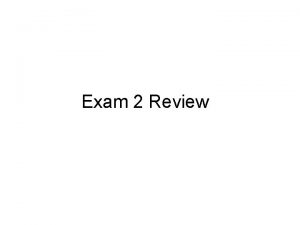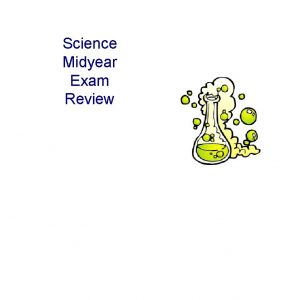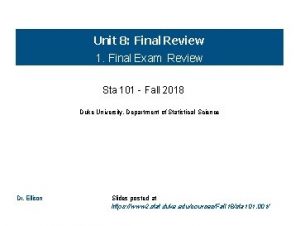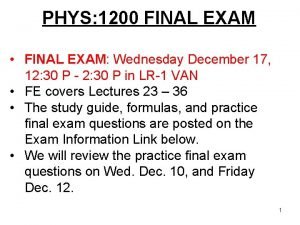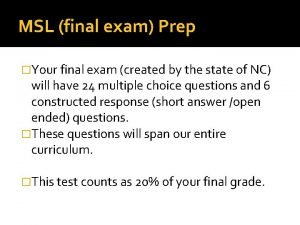Earth Science SOL Earth Science Final Exam Review




























- Slides: 28

Earth Science SOL Earth Science Final Exam Review 100 100 100 200 200 200 300 300 300 400 400 400 500 500 500 Final Jeopardy

Astronomy 1. Stage 1 in the evolutionary cycle of a star is called ____. a. Nebula b. Main-Sequence c. Planetary Nebula d. Red Giant • ANSWER: A Answer Question

Astronomy-200 1. What is the name and shape of our galaxy? a. Hubble Galaxy, Irregular shape b. Andromeda Galaxy, Spiral shape c. Milky Way Galaxy, Elliptical shape d. Milky Way galaxy, Spiral shape • ANSWER: D Answer Question

Minerals -300 1. Which mineral is easily identified by taste because it is salt? a. Talc b. Halite c. Calcite d. sulfur • ANSWER: B Answer Question

Minerals-400 1. Which of the following physical properties can be expressed in numbers? a. luster b. color c. hardness d. reaction to acid • ANSWER: C Answer Question

Minerals-500 1. Which of the following properties refers to the colored powder resulting from rubbing a mineral against a harder surface? a. streak b. luster c. cleavage d. hardness ANSWER: A Answer Question

Rocks-100 1. Cooling and crystallization of lava results in _____. a. extrusive igneous rocks b. clastic sedimentary rocks c. intrusive igneous rocks d. organic sedimentary rocks • ANSWER: A Answer Question

Rocks -200 1. The processes of weathering, erosion, deposition, and cementation will result in which rock type? a. igneous b. metamorphic c. magma d. sedimentary ANSWER: D Answer Question

Erosion -300 1. The process in which water freezes and widens cracks in rock is called ____. a. ice crunching b. glaciations c. abrasion d. frost wedging • ANSWER: D Answer Question

Rocks -400 1. How does an igneous rock become magma? a. cools b. melts c. hardens d. crystallizes • ANSWER: B Answer Question

Rocks -500 Which of the following rocks is an intrusive mafic rock? 1. 20. a. gabbro b. basalt c. scoria d. obsidian • ANSWER: A Answer Question

Erosion-100 1. Which of the following is a slow mass movement? a. mudflow b. landslide c. Rock fall d. Creep • ANSWER: D Answer Question

Weathering -200 1. Caves are mainly a product of _____. a. erosion by rivers b. river deposition c. water pollution d. erosion by ground water • Answer D Question

Soil and Water -300 1. To a scientist, ____ is a loose mixture of small mineral fragments and organic material. a. soil b. bedrock c. parent rock d. humus • ANSWER: A Answer Question

Earth’s Layers -400 1. Earth's oceanic crust is ____ than the continental crust a. Thicker and denser b. Thinner and denser c. Thicker but less dense d. Thinner but less dense • ANSWER: B Answer Question

Earth’s Layers -500 1. The solid, dense center of our planet is called the ____. a. mesosphere b. asthenosphere c. inner core d. outer core • ANSWER: C Answer Question

Geologic History -100 1. Scientists do NOT look for Carbon 14 and Nitrogen 14 when dating a rock. Why is carbon not found in rock? a. because rock is too old b. because rock IS organic c. because rock is NOT organic d. because rock is too young • ANSWER: C Answer Question

Natural Resources-200 1. Which of the following is an example of a renewable resource? a. nuclear b. hydroelectric c. gas d. coal • ANSWER: B Answer Question

Natural Resources -300 1. Which of the following is NOT an example of a fossil fuel? a. oil b. coal c. natural gas d. uranium • ANSWER: D Answer Question

Natural Resources-400 1. What is the primary source of energy for Virginians? a. coal b. wind c. hydroelectric d. nuclear • ANSWER: A Answer Question

Geologic History-500 1. Which rock layers have the same relative age? a. 1 and 6 b. 2 and 9 c. 3 and 7 d. 5 and 10 • ANSWER: B Answer Question

Tectonic Plates -100 1. Fossils of Lystrosaurus, a land-dwelling reptile, have been found in Antarctica, India, and S Africa. The distribution of these fossils suggests that these areas were once: a. made of the same chemical elements b. covered by oceanic crust c. home to a wide variety of organisms d. connected to one another ANSWER: D Answer Question

Tectonic Plates -200 1. When two tectonic plates move away from one another, the boundary between them is called a ____. a. transform boundary b. divergent boundary c. convergent boundary d. subduction zone • ANSWER: B Answer Question

Plate Tectonics -300 1. Primary seismic waves ____. a. are slower than secondary waves b. are the result of shearing forces in rock c. can travel through solids, liquids, and gases d. cause the Earth's surface to roll up and down • ANSWER: C Answer Question

Plate Tectonics -400 1. Which point in the illustration represents the focus of the earthquake? a. A b. B • ANSWER: D Answer c. C Question d. D

Plate Tectonics -500 1. What kind of stress creates a reverse fault? a. tension b. shear c. compression d. all of the above ANSWER: C Answer Question

FINAL JEOPARDY 1. Which of the rock layers is the oldest? a. 4 b. 5 c. 6 d. 8 • ANSWER: B Answer Question

Earth Science SOL Software Used: Microsoft Power. Point Content: http: //cmsweb 1. loudoun. k 12. va. us/5093042094548/lib/5093042094548/2007_SOLtests/20 07_earthscience. htm Graphic Elements: http: //office. microsoft. com/clipart Game Created By: Mr. Mangan, 2009 emplate Created By: Pat King, 2004 End Show
 Environmental science defination
Environmental science defination Earth science final exam review
Earth science final exam review Ap gov final review
Ap gov final review Earth science sol
Earth science sol Physical science final exam review
Physical science final exam review Earth science final exam answers
Earth science final exam answers World history spring final exam review answers
World history spring final exam review answers Spanish 1 review packet answer key
Spanish 1 review packet answer key Pltw human body systems final exam
Pltw human body systems final exam Poe practice test kinematics answers
Poe practice test kinematics answers Ied final exam review
Ied final exam review World history fall semester exam review
World history fall semester exam review Principles of business final exam answer key
Principles of business final exam answer key Spanish 2 review packet
Spanish 2 review packet Apwh final exam review
Apwh final exam review U.s. history semester 2 final exam
U.s. history semester 2 final exam English 2 final exam review
English 2 final exam review Physics 20 final exam practice
Physics 20 final exam practice Mat 1033 final exam review
Mat 1033 final exam review Fe exam statics
Fe exam statics Zoology final exam review
Zoology final exam review Algebra 1 semester 2 final exam
Algebra 1 semester 2 final exam Hft 2401 exam 1
Hft 2401 exam 1 Personal finance final exam review
Personal finance final exam review Spanish 2a final exam
Spanish 2a final exam Psyc 1504 final exam
Psyc 1504 final exam Earth science sol 2010
Earth science sol 2010 Animal science final exam
Animal science final exam Koloid liofil
Koloid liofil
